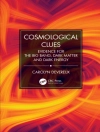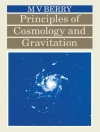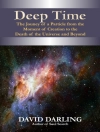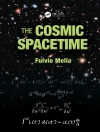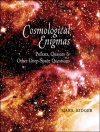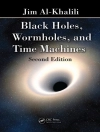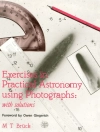Exploring Ancient Skies brings together the methods of archaeology and the insights of modern astronomy to explore the science of astronomy as it was practiced in various cultures prior to the invention of the telescope. The book reviews an enormous and growing body of literature on the cultures of the ancient Mediterranean, the Far East, and the New World (particularly Mesoamerica), putting the ancient astronomical materials into their archaeological and cultural contexts.
The authors begin with an overview of the field and proceed to essential aspects of naked-eye astronomy, followed by an examination of specific cultures. The book concludes by taking into account the purposes of ancient astronomy: astrology, navigation, calendar regulation, and (not least) the understanding of our place and role in the universe. Skies are recreated to display critical events as they would have appeared to ancient observers - events such as the supernova of 1054, the ‘lion horoscope’ or the ‘Star of Bethlehem.’
Exploring Ancient Skies provides a comprehensive overview of the relationships between astronomy and other areas of human investigation. It will be useful as a reference for scholars and students in both astronomy and archaeology, and will be of compelling interest to readers who seek a broad understanding of our collective intellectual history.
Table des matières
Historical Perspectives.- Historical Perspectives.- Astronomical Background.- Principal Features of the Sky.- Observational Methods and Problems.- Time and the Calendar.- Transient Phenomena.- Astronomy in Cultures.- Paleolithic and Neolithic Cultures.- Antecedents of the Western Tradition.- African Cultures.- Indo-Iranian Cultures.- China, Korea, and Japan.- Oceanic Cultures.- Mesoamerica.- America North of Mexico.- South American Cultures.- The Descent of the Gods and the Purposes of Ancient Astronomy.


